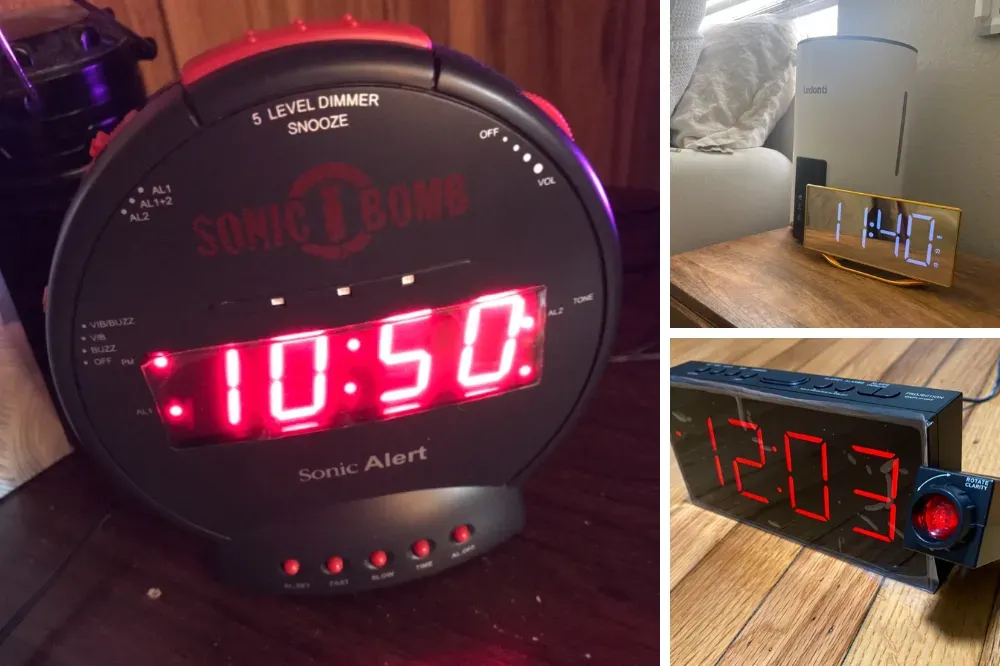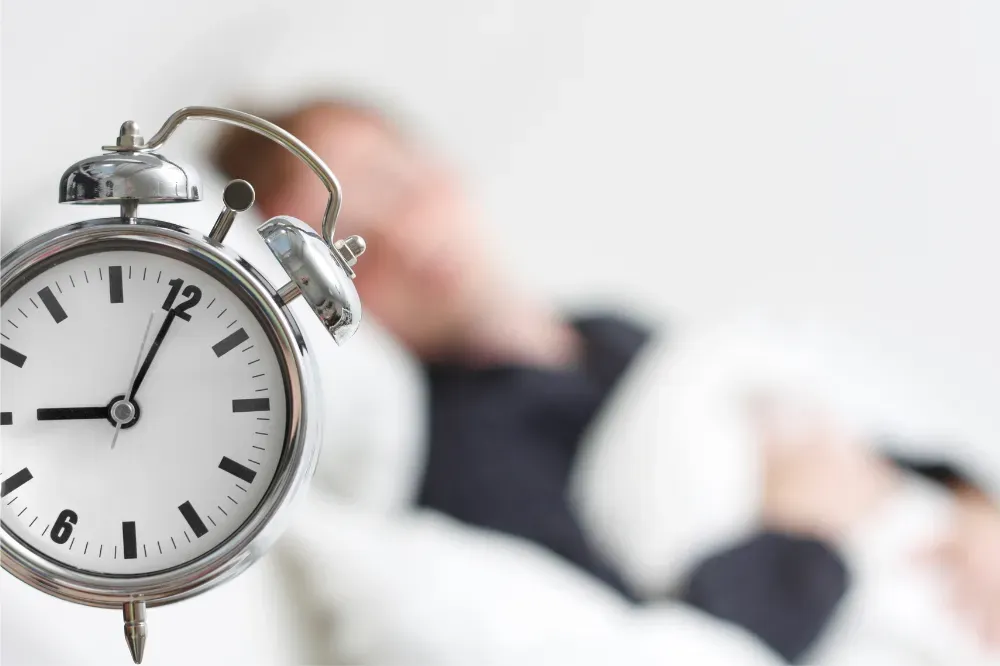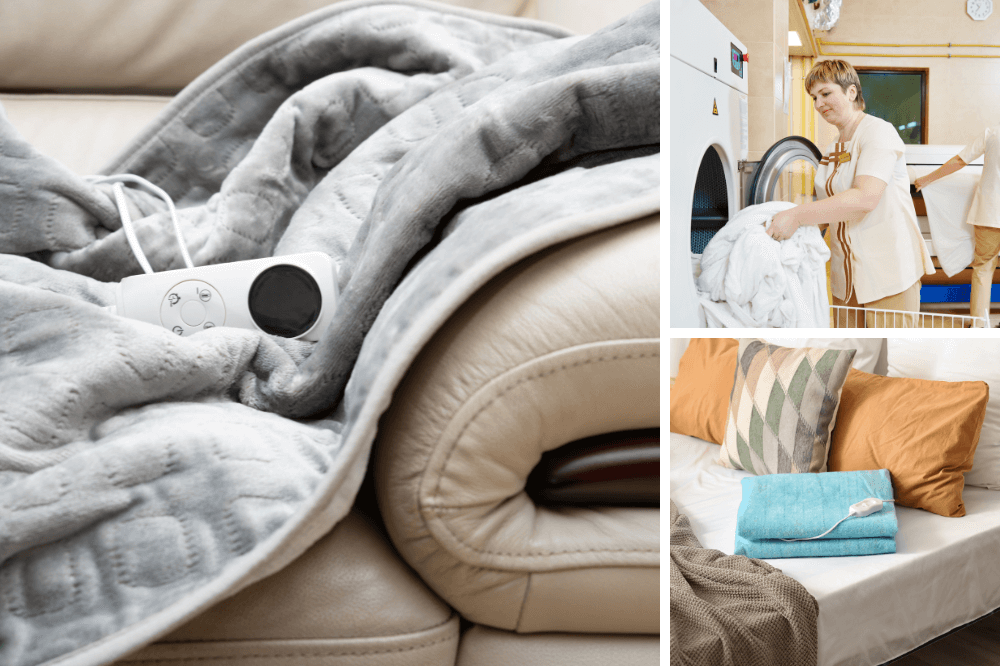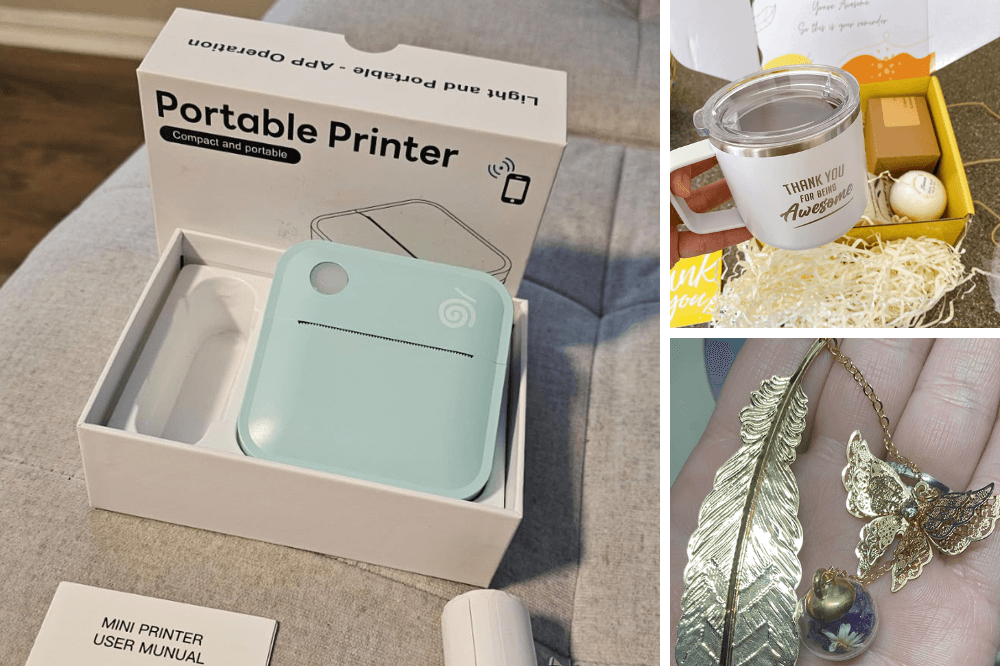Key Takeaways:
- Vibrating alarms are an effective alternative to traditional sound-based alarms, especially for the hard of hearing and heavy sleepers.
- These alarms can come with additional features like flashing lights, bed shakers, and customization options to cater to different needs.
- Vibrating alarms can be integrated with various devices such as cell phones, smartwatches, and specialized alarm clocks.
Waking up on time is a crucial part of our daily routine, but for some, the typical alarm noise just doesn't cut it. Whether you're a deep sleeper, someone with hearing loss, or simply looking for a less jarring way to wake up, you might find yourself asking: do vibrating alarms work? The answer is a resounding yes, and in this article, we'll explore how these innovative devices are changing the morning routine for many.
The Science Behind Vibrating Alarms

Vibrating alarms operate on a simple principle: they use strong vibration to gently but effectively rouse you from a deep sleep. Unlike conventional alarm clocks that rely solely on loud sounds, vibrating alarms can be placed under a pillow or mattress, ensuring that the vibration is felt even by heavy sleepers. This method can be particularly beneficial for those who experience sleep inertia, as the vibration can be less disorienting than sudden, loud alarm clock sounds.
A Boon for the Hard of Hearing
For individuals with hearing loss or those who use hearing aids, an extra loud alarm clock may not suffice. Vibrating alarms offer a great solution, with devices like the sonic bomb or bed shaker alarm clock providing powerful vibration to ensure the user wakes up without relying on sound. These devices often come with additional volume controls and tone control to cater to different levels of hearing loss.
Multi-Sensory Alarm Options
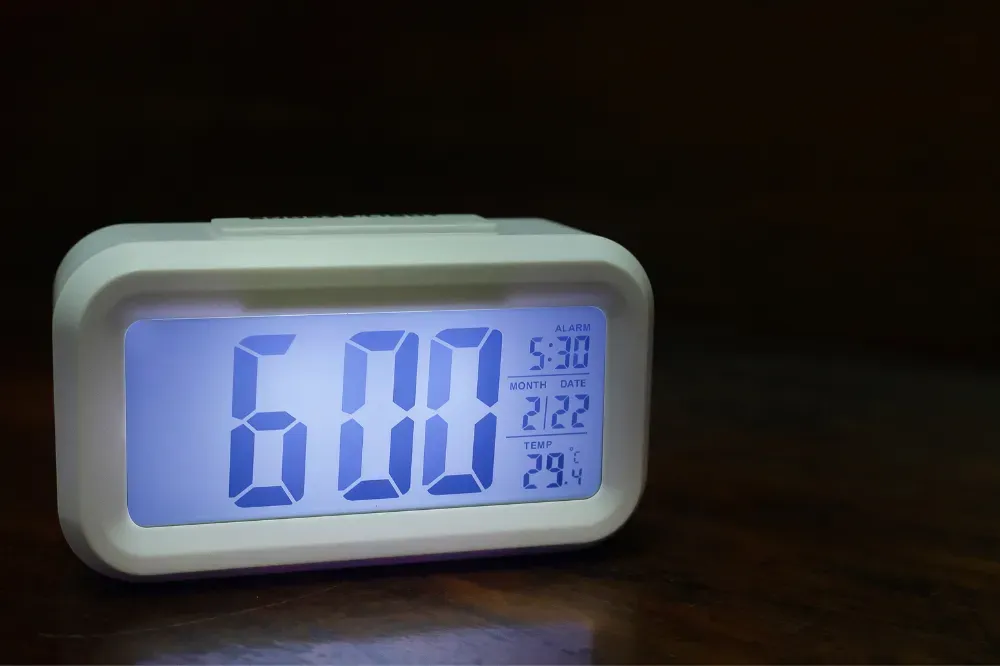
Some vibrating alarms incorporate flashing lights or a light-based alarm that simulates natural sunrise, providing a multi-sensory awakening experience. This can be particularly helpful for deaf people or those with cochlear implants, as the combination of light and vibration can be more effective than sound alone. The sonic alert and similar systems often feature a visual display alongside the vibration to cater to different sensory needs.
Integration with Personal Devices
Vibrating alarms are not limited to standalone devices. Many cell phones and smartphone accessories now come with a built-in silent alarm or vibration feature. For instance, the Apple Watch alarm and various Android device apps offer customization options for vibration intensity and pattern, allowing users to wake up without disturbing others who may be on different schedules.
Specialized Alarms for Unique Needs
Manufacturers have developed a comprehensive suite of products to address the diverse requirements of users. From the sonic boom alert with its bed vibrator and two-alarms setting to alarm clocks with a USB port for charging your phone, these devices offer unique features like battery backup to maintain alarm time during power outages, and multi-partner settings to avoid waking others. The customization options are extensive, catering to the needs of family members, parents of deaf children, and even those looking for a portable system for travel.
The Role of Vibrating Alarms in Health Monitoring
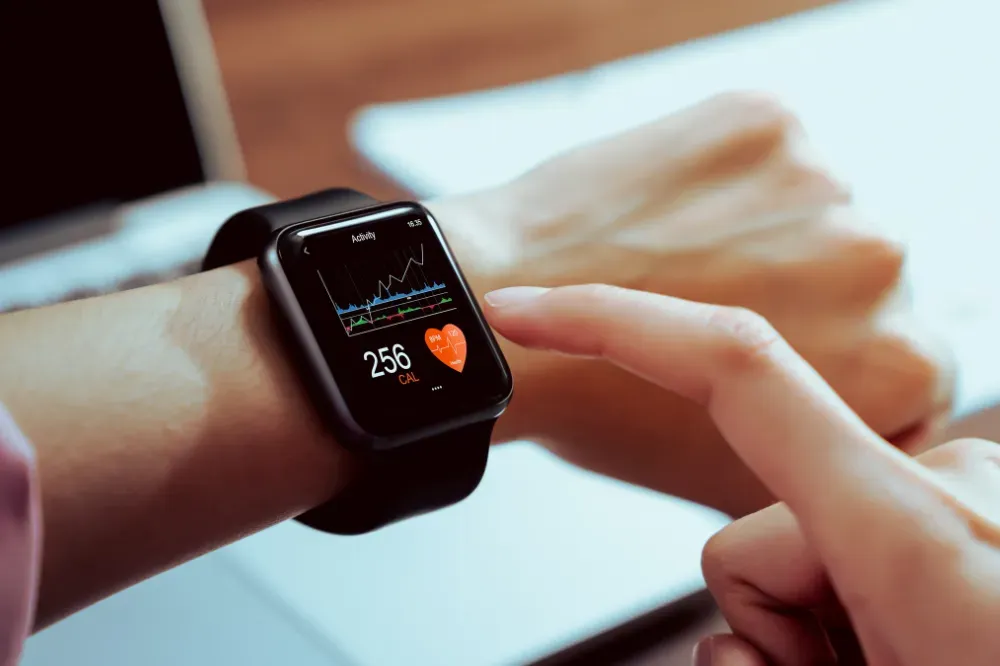
Beyond waking up, vibrating alarms can play a role in health monitoring. Devices like fitness trackers and smartwatches can use vibration to alert users of high heart rate or blood pressure readings, or to remind them to move after periods of inactivity. For those with medical conditions like diabetes or at risk for carbon monoxide exposure, these alarms can be lifesavers, providing silent alerts that can prompt immediate action.
Choosing the Right Vibrating Alarm
When selecting the best vibrating alarm clocks, consider factors like the strength of the vibration, battery life, and additional features like FM radio or voice controls. The price range varies, with affordable plug-in options and more expensive digital systems that offer an assortment of top-quality features. It's also a good idea to look for devices with a sleek design that will fit seamlessly into your bedroom decor.
The Impact on Sleep Quality

One might wonder if the use of vibrating alarms affects sleep quality. Research suggests that waking up with vibration can be less disruptive to the sleep cycle than loud sounds, potentially reducing sleep inertia. For those who share a bed, a strong bed shaker can be set to only wake one person, preserving the sleep quality of the other. Some devices offer a sleep tracker to help users understand their sleep patterns and adjust their alarm settings accordingly.
The Future of Alarm Technology
The evolution of alarm technology is ongoing, with new advancements like smart wake systems that analyze your sleep cycle to find the optimal time to wake you up. Innovations in mobile phone notification technology and the integration of alarms with other smart home devices are making waking up a more personalized and user-friendly experience.
Summary
Vibrating alarms are a versatile and effective solution for waking up, especially for those who are hard of hearing or find traditional alarm sounds to be too jarring. With a range of devices available, from bed shakers to smartwatches, there's a vibrating alarm to suit almost every need. By offering silent alerts, customizable settings, and additional features like flashing lights and health monitoring, these alarms are not just about waking up—they're about starting the day right.
FAQ Section
Q: Can vibrating alarms be used by people without hearing loss? A: Absolutely. Vibrating alarms are not just for those with hearing impairments; they're also popular among heavy sleepers, those who share a bed with someone on a different schedule, or anyone who prefers a gentler wake-up method.
Q: Are there vibrating alarms that also emit sound? A: Yes, many vibrating alarms come with the option to include sound. Users can often choose between different alarm sounds, adjust the volume, and even select a custom song or sound alarm.
Q: How do I choose the best vibrating alarm clock for my needs? A: Consider the strength of the vibration, the presence of additional features like light or sound, battery backup options, and whether the device offers customization options. It's also important to think about your personal morning routine and any specific requirements you may have, such as the need for a portable system or compatibility with hearing aids.
